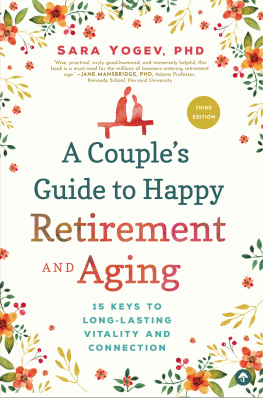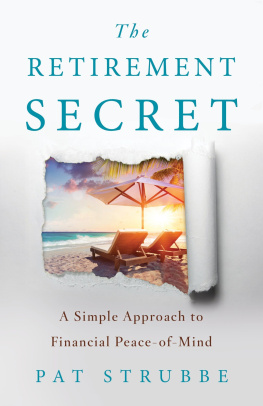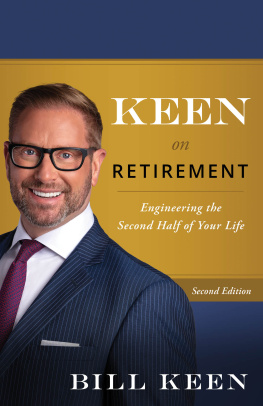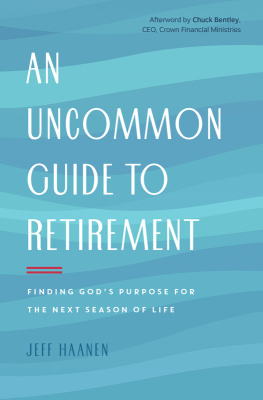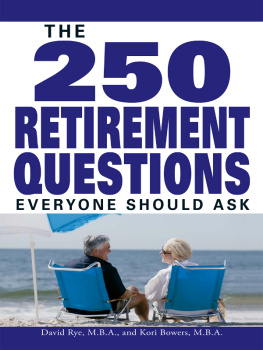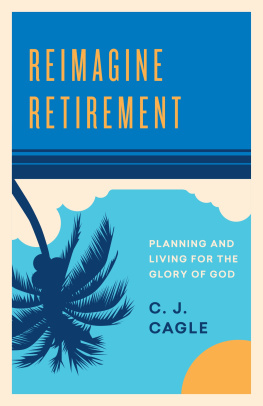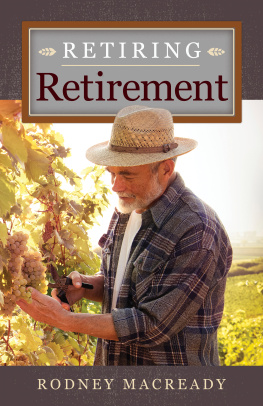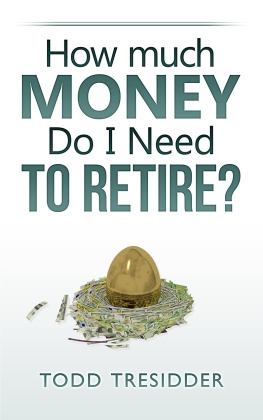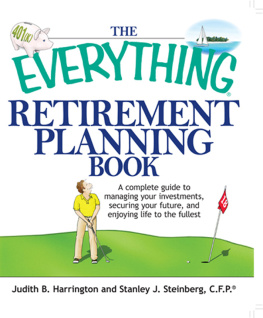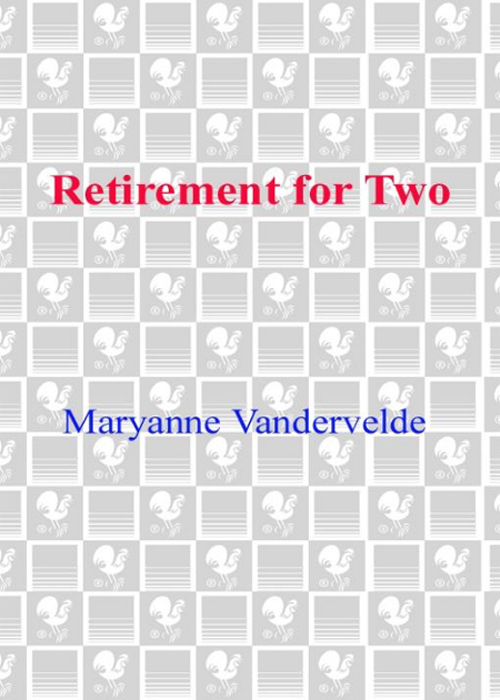
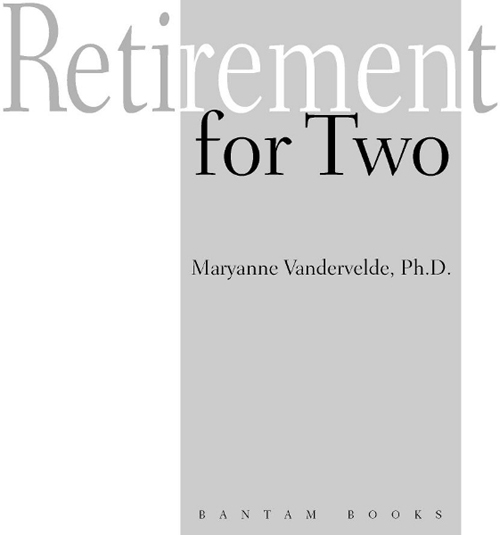
Table of Contents
In memory of Bertha Wiersma Vandervelde My mother. Always with me.
Acknowledgments
The personal stories that appear in this book have been gathered over many years from a variety of sourcessome of whom I cant remember because they have become part of my storytelling folklore, some of whom do not want to be mentioned here. Nevertheless, I am grateful to all of these people, and Id like to specifically thank the following, in alphabetical order: Rosalie and Daryl Adrian, Mary Ann Barnes, Glenda Burkhart, Jill and Dick Davis, Jim and Erna Davis, Dorothy and Ed DeVries, Craig DeSilvia and Becky Poulson, the late Dr. Monte Jan Dray, Susan and David Dykstra, Dr. Jean and Jay Entwistle, Kay Enokido and Tom Crouse, Carol and Chuck Farrell, Nancy and Haines Gaffner, Jim and Pam Going, John and Gloria Kasonic, Harmon and Nita Killebrew, Teri and Bill Looney, Larry and Arma Looney, Dr. Norman Looney and Dr. Norah Keating, Peter Looney and Patricia Ostrander, Jack and Laurie McHale, Jane and Bob McKibbon, Barbara Meyer, Judy and Henry Miller, Dr. Rhoda Mintzer, Claudine Paris, Ilka and Dr. Jim Priest, Mike Schaefer and the late Dr. Colleen Coyne-Schaefer, Carol and Norman Schnall, Larry and Annemarie Storey, Madeleine and Bob Swain, Bill and Petty Taylor, David and Sandi Vandervelde, Margie and Paul Versaw, and Diane and Dave Zaharias.
Now to my main men: My husband of forty years, H. Ray Looney, encouraged the writing of this book even when I was uncertain about it, and he fed me many stories of retiring couples during his years as a corporate executive. Of course, he also provided fodder through his half of our relationship issues! My son, Spencer Velde Looney, the most creative and deepest thinker in our family, was (and is) a great sounding board.
Professionally, I am indebted to my terrific agent/attorney, Gail Ross, and her talented colleague, Jenna Land. And my joyful relationship with Bantam Dell/Random House is attributable to Philip Rappaport, as well as Barb Burg and Nita Taublib. Many thanks to all five for helping my future retirement by making this book a reality.
Part One: Personal Partnershipsin Retirement
The Issues
My Story
When I was thirty-six, I moved across the country because my husband was offered a great new job. I eventually landed on my feet, but I couldnt find any books about what was happening to memy career, my friendships, my relationship with my child, my house, my lifewhile I was helping my husband up the corporate ladder. So I did a survey of the Fortune 500 CEOs and their wives, and I wrote TheChanging Life of the Corporate Wife. My research showed, for example, that the quality valued most in a corporate wife was her sense of humor. Certainly, humor is a wonderful quality in any human being, but I doubt that this would be first on the list for a CEO. I found that both men and women were hungry for better ways to manage their livesat a time when our culture was just starting to examine the rigid, traditional expectations that businesses placed on executives and their partners. The questions continue to this day for all kinds of leaders and their partners, and I believe that my book played a small part in the dialogue. That book sold well, and many couples told me how much they were helped by it.
Now Im sixty-two, and my husband has been retired for five years. We have faced some challenges that seem to be typical of people our age, and we frequently find ourselves in discussions with like-minded friends. At this point, we have sorted through most of our angst about retirement, but our forty-year marriage is still a work in progress.
This Book at This Time
I decided several years ago to gather information about this stage of life because the subject has interested me for a long timein my clinical practice with couples and families as well as in my observations of friends and family members. This book is, therefore, based on:
Stories Ive jotted down over many years from family and friends as well as from therapy clients
Issues that came up over the last twenty years in corporate human resources training sessions about people facing retirement
Interviews conducted, by phone or in person, over the last five years with a network of acquaintances around the world
Perusal of the professional and popular literature
This is not a book about money or finances. There are hundreds of those to be found in bookstores and libraries. This aspect of retirement should never be minimized because a secure retirement clearly is built on a sufficient financial basehowever that is defined by both partners. But the people Ive queried say that most of their financial planning took place years back. Decisions they made a long time ago have determined their financial status now. Theyve come to terms with what they have and dont have in monetary resources.
Money, per se, is rarely what current or about-to-be retirees want to talk aboutthe emotional implications of money, yes; the decisions that couples must make around money, yes; apportioning assets in a second marriage, yes; but whether one has enough money or how to get more, almost never. Rather, its the emotional turmoil and the relationship stuff that hits them unexpectedly when they anticipate retirement or when they actually retire.
What do couples in their fifties, sixties, and seventies want to talk about? Relationship issuespsychological and emotional struggles that are causing conflict. Single retirees often mention loneliness, but coupled retirees say things like I never imagined it would be so hard to be together 24/7 or I am with this person for better or worse, but not for lunch!
Freud said that work and love are the two major ingredients of life, and it seems logical that the loss of one will have major effects on the other. Retirees whose identity was found largely through work have a lot of soul-searching to do as they look for identity elsewhere. And people whose close relationships have been neglected will have to do a lot of work in order to establish a basis that will be satisfying for the rest of their lives. This has always been true, but there are three major reasons why we need to pay more attention to retirement now than ever.
One is that the first baby boomers turned fifty-five in 2002 and technically became senior citizens. Fifty-nine million people born before 1946 are already retired or soon will be retiring, but they are being joined over the next few years by seventy-seven million boomers those who were born between 1946 and 1964. Because the boomers are a huge population cohort, they are already starting to redefine retirement, and this stage is attracting as much focus as all of their other stages have. As they have always done, boomers will look forindeed, they will expectanswers.
Two, age discrimination is a fact of life, and many people are finding themselves out of work earlier than they had planned. Furthermore, we seem to be living longer and longerseventy-seven is now the life expectancy for men, eighty-four for women. So, many of us will find ourselves coupledwithout our usual routinesfor many, many years. Wed better find mechanisms and systems to make it a happy time.
Three, retirement is more complicated now than ever because of the many choices we have. Only a few years ago, gender and age roles were strictly defined. Now the options are wide open. With fewer and fewer prescriptions, we all need to figure it out for ourselves. And better late than never! It becomes very clear to most of us at retirement that life is not a dress rehearsal.
Next page

